Celebrating Nature on 7 Continents: Australia, part 2
What better way to celebrate nature in Australia than to meet the marsupial that has gained the reputation as the happiest animal on the planet?
As we boarded the ferry in Fremantle, I found myself questioning the wisdom of heading to a place named after a rat’s nest. Sure, “Rottnest Island” sounded considerably better than straight up “rat’s nest”, but the Dutch sailor responsible for this name apparently thought little of the resident quokkas. The quokkas, of course, were the reason I was taking this trip in the first place. Non-native predators introduced to Australia had all but obliterated the species from the mainland, and Rottnest was now one of only two islands where healthy populations remained. Could it truly be that these quokkas were just glorified rats? I wasn’t particularly opposed to rats, but marsupials were by and large cuter. And while one rat might pass as cute, a rat’s nest was an entirely different matter. As the ferry left the dock, I pushed my concerns aside. The quokkas had to be adorable. Why else would people flock to this island to see them if they weren’t endearing?
Rottnest Island hardly resembled a rat’s nest, but nor was it cuddly. Beyond the areas landscaped for visitors arriving from the mainland, I discovered a harsh and arid environment. I biked past low succulent bushes clinging desperately to wind-battered dunes. I passed fields of browned grasses that abruptly yielded to the encrusted edges of salt pans; mere puddles remained in the centers of these white crystalline deserts. Draconian rocks pierced the coastline into the sea. Much of the island was rugged and seemingly barren, yet tempered by beaches of soft, white sand banked by myriad shades of shimmering blue water. And then there were the quokka.
Two pairs of eyes peered at me like polished black onyx from below a bush. The leaves parted and a raccoon-sized marsupial hopped into view. The quokka seemed oblivious to me as it stretched dainty front paws forward, then sprung its hefty rear to meet them on miniature kangaroo legs. It stopped and sat upright mere feet away. I watched as it twitched its round ears, quivered plump cheeks, and wiggled its nose as it searched the teatree-permeated air for scents I failed to detect. It turned back to the bush and pulled a branch closer, examining the leaves for a moment before selecting one to munch. Another quokka emerged and the two continued foraging as if I weren’t there. They looked nothing like rats, with the possible exception of their tails, and most definitely scored high on the marsupial adorableness scale. Rottnest Island this may be, but in my mind neither the island nor the animals lived up to the rat’s nest imagery.
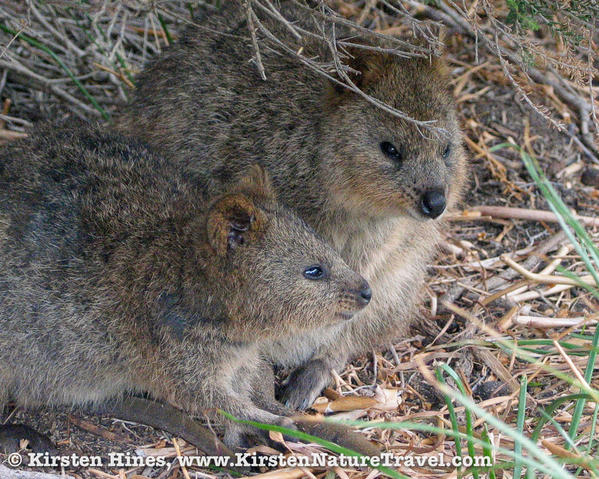
A pair of quokka on Australia's Rottnest Island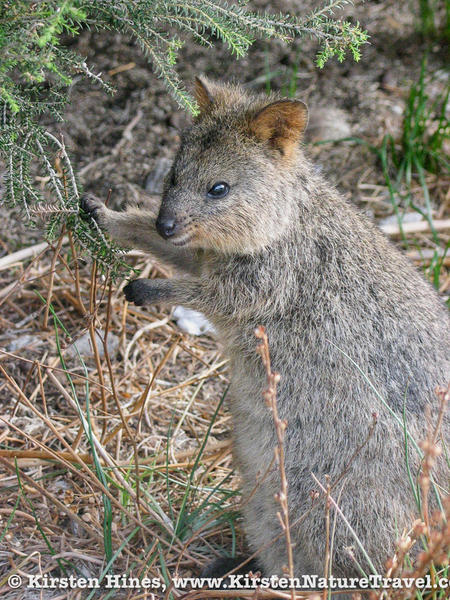
A quokka on Rottnest Island
As I awaited my ferry home a couple of days later, I picked up a brochure and scanned it. The unfamiliar word “Wadjemup” caught my eye and I read the surrounding text. What I read made me smile. This Aboriginal word, their traditional name for the island, meant “Place across the waters where the spirits are.” I looked up and saw a quokka sitting upright in nearby shade. It seemed to smile with me before it hopped away and disappeared into the shadows.
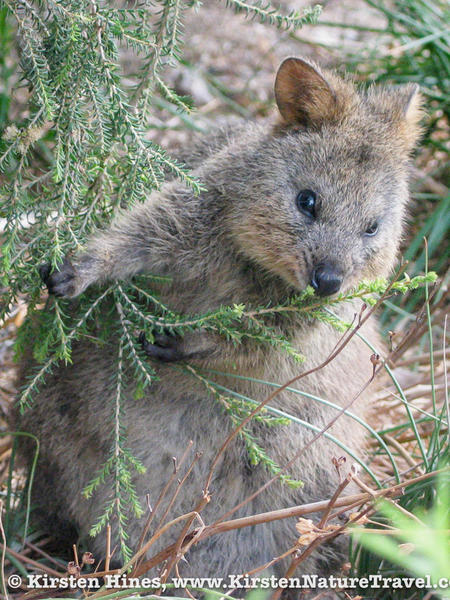 A quokka on Rottnest Island
A quokka on Rottnest Island
* * * * * * * *
To read the other posts in this series, please click on this link.

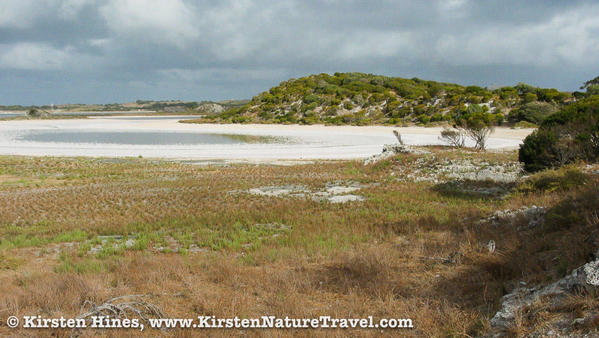
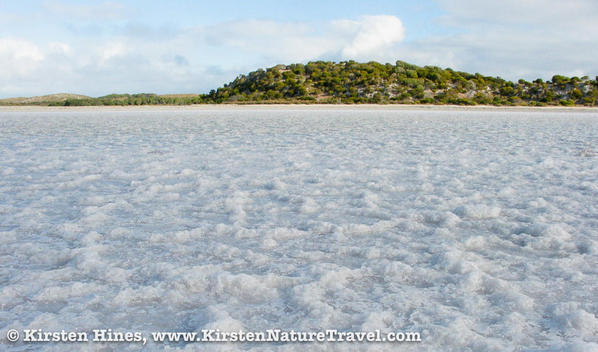
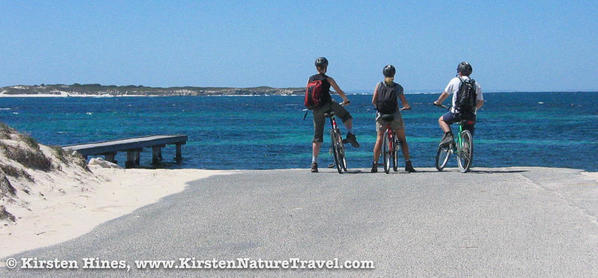






Comments (2)